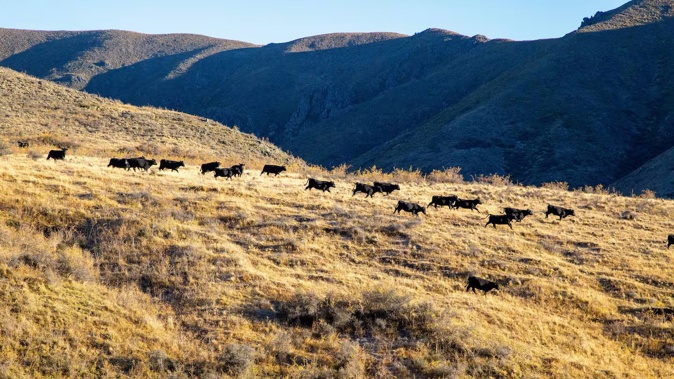
New Zealand’s largest working farm, Molesworth Station, is still battling bovine tuberculosis.
In April, the station, which stretches from inland Blenheim to Hanmer Springs, declared its cattle free of bovine tuberculosis (TB) for the first time in nearly 40 years.
Despite this, Operational Solutions for Primary Industries (Ospri) said the herd remained under its “TBfree programme” surveillance, with livestock movement restrictions still in place.
One infected 3-year-old animal was confirmed by ongoing surveillance testing, Ospri said.
Testing was now under way for the rest of the mob.
Ospri’s chief executive, Sam McIvor, said the news was disappointing, but not surprising.
“This is a tough and tricky disease we are fighting,” McIvor said.
“Ospri had further work to do before we could say the disease cycle had been broken in the local wildlife, which is the key to eradication of TB.
“This infection suggests we haven’t won that battle yet.”
Molesworth is operated by state-owned farmer Pāmu (formerly branded as Landcorp) and spans over 180,000ha in the northern South Island high country.
Pāmu chief executive Mark Leslie said the discovery of TB demonstrated the massive challenge of continuing to manage pests and weeds across such a vast and remote landscape.
“Our team is fully committed to the goal of bovine TB eradication at Molesworth Station, and we will continue to work closely with Ospri to get this done,” Leslie said.
“It’s about staying vigilant and maintaining biosecurity best practices, not just in the high country, but in many parts of New Zealand.”
More on bovine tuberculosis
Bovine tuberculosis is an infectious disease caused by the bacterium Mycobacterium bovis.
Ospri’s website said it was a serious animal health problem “and a threat to our farming industry’s reputation overseas”.
Bovine TB can affect practically all mammals, from farmed cattle and deer to wildlife such as pigs, deer, ferrets and possums.
According to Ospri’s website, it can also infect humans, though that’s rare.
In New Zealand, possums are the main wildlife carriers of bovine TB.
Contact with infected possums is the main cause of herd infection.
While wild deer and pigs can also contract TB from possums, they are “dead-end” hosts, meaning they can’t spread the disease themselves, the website said.
Take your Radio, Podcasts and Music with you









